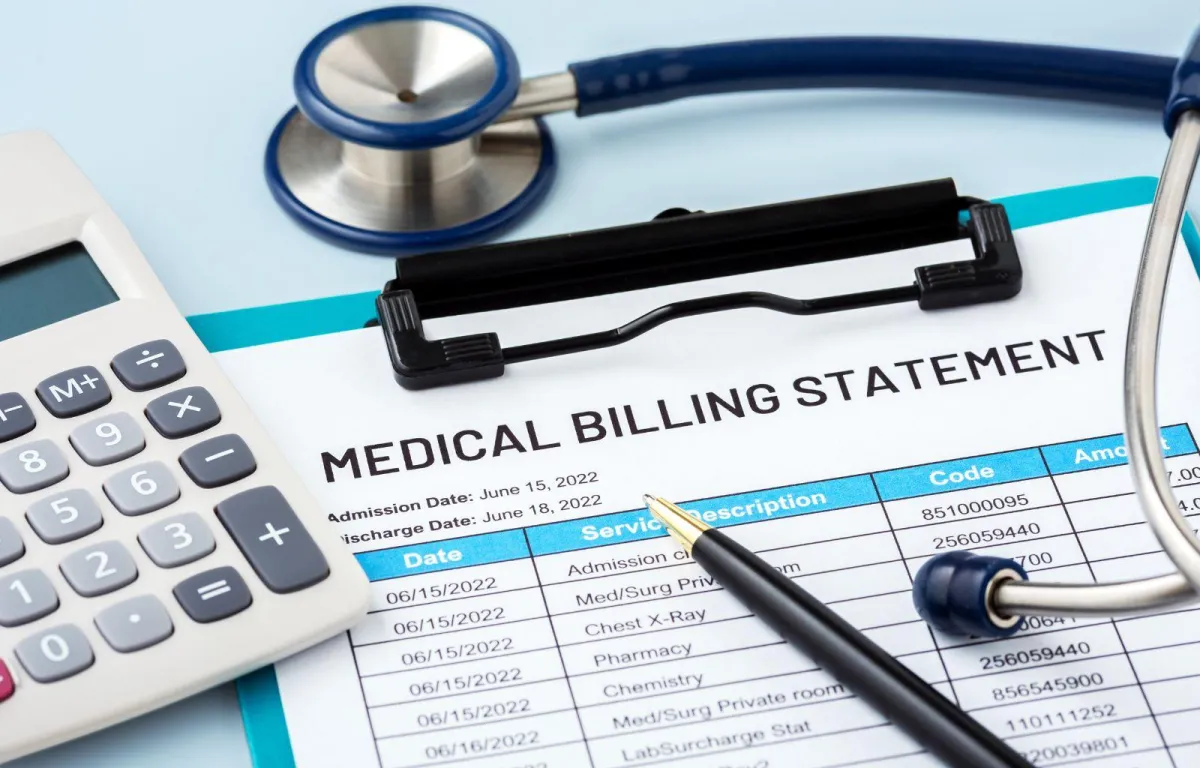New Hampshire Debt Relief
If you live in New Hampshire and are struggling with credit card balances, medical bills, or other unsecured debt, you are not alone. The Granite State’s reliance on seasonal industries, rising housing costs, and high property taxes can make it difficult for families to keep pace with monthly payments. Debt Support National (DSN) provides structured debt relief programs that can reduce balances, simplify repayment, and help residents work toward long-term financial stability.
5-Star Reviews!

New Hampshirites and Debt
New Hampshire is recognized for its natural beauty and vibrant tourism economy, but financial pressures affect many households across the state. Cities like Manchester, Nashua, and Concord have seen housing prices rise, while rural towns face limited employment opportunities. The White Mountains and Lakes Region rely heavily on seasonal tourism, leaving many workers with fluctuating income.
Another challenge is the state’s tax structure. While New Hampshire does not have a broad-based income or sales tax, it depends heavily on property taxes, which are among the highest in the nation. Combined with high utility costs during harsh winters, these factors often push families to rely on revolving credit card debt or short-term loans. Interest charges exceeding 20% can quickly escalate balances, making repayment difficult without outside help.
When you work with DSN, you can expect:
Personalized Debt Review – A certified specialist examines your income, expenses, and total obligations to recommend the right solution.
One Predictable Monthly Payment – Replace multiple accounts with one affordable program payment, often less than your current combined minimums.
Clear Timeline to Resolution – Many New Hampshire clients complete their programs in 24 to 48 months, depending on debt size and program type.
See Our Reviews
New Hampshire Debt Relief Options
Residents of New Hampshire have several well-established programs available to manage or reduce unsecured debts.
Debt Settlement in New Hampshire
Debt settlement allows you to resolve balances for less than what you owe by negotiating directly with creditors. DSN advocates on your behalf to reach agreements where lenders accept partial repayment as full satisfaction of the debt. The process usually follows these steps:
Initial Consultation – A debt professional evaluates your accounts to see if settlement is a suitable path.
Enrollment – You begin building funds in a dedicated savings account that you control.
Negotiation – Our specialists contact creditors and collection agencies to request significant reductions on your balances.
Resolution – Savings from your account are applied once agreements are finalized.
Debts that commonly qualify include credit cards, payday advances, personal loans, marital debt, and medical bills. Excluded obligations include secured debts such as mortgages and auto loans, along with court-ordered responsibilities like child support and alimony.
Debt Consolidation in New Hampshire
Debt consolidation combines multiple unsecured debts into a new loan with a single monthly payment. This can lower overall interest costs and simplify repayment. Residents often turn to local banks, community credit unions, or online lenders for consolidation loans. Consolidation works best for borrowers with steady income and fair-to-good credit.
Debt Management Plans (DMPs)
A DMP, typically arranged through a nonprofit credit counseling agency, rolls unsecured debts into one structured payment. These programs often include reduced interest rates and waived fees, giving borrowers a clearer path forward. In New Hampshire, most DMPs last three to five years, providing a predictable schedule for paying down debt.
State Laws and Protections
New Hampshire has consumer protection standards in place to safeguard residents dealing with debt:
Fair Debt Collection Practices Act (FDCPA) – Federal law that prohibits harassment, threats, or deceptive practices by debt collectors.
New Hampshire Regulation of Debt Adjusters (RSA 399-D) – Requires debt relief and adjustment companies to be licensed and compliant with state law.
New Hampshire Consumer Protection Bureau – Part of the Attorney General’s Office, which investigates and enforces violations of state debt collection and consumer laws.
Statute of Limitations – For most unsecured debts, including credit cards and medical bills, New Hampshire’s statute of limitations is three years, one of the shortest in the country. After this period, creditors cannot sue to collect, although debts may still appear on credit reports.
Residents should also confirm that any debt relief provider is properly licensed and compliant with New Hampshire law before enrolling in a program.

New Hampshire Debt Relief FAQs
Does New Hampshire’s short statute of limitations make debt relief different here?
Yes. New Hampshire has one of the shortest statutes of limitations in the country at just three years for most unsecured debts, including credit cards and medical bills. This means creditors must act quickly if they plan to sue, which influences how collection agencies and lenders approach negotiations.
Are debt relief companies required to be licensed in New Hampshire?
Absolutely. Under RSA 399-D, any company offering debt adjustment or debt settlement services in New Hampshire must be licensed by the state. Working with an unlicensed provider could leave residents vulnerable to unfair practices or agreements that are not enforceable under state law.
How do New Hampshire’s high property taxes affect household debt?
Because New Hampshire does not levy a broad-based sales or income tax, the state relies heavily on property taxes, which are among the highest in the nation. For homeowners, this can consume a large share of monthly income, forcing some to rely on credit cards or loans to cover everyday expenses, leading to higher unsecured debt balances.
Are community banks and credit unions important for debt relief in New Hampshire?
Yes. Local financial institutions play a major role in offering debt consolidation loans. Many residents turn to community banks or credit unions rather than national lenders because they provide more personalized service and may offer competitive rates based on local economic conditions.
Can wage garnishment occur for unpaid debt in New Hampshire?
Yes. Creditors who obtain a court judgment can garnish wages, but New Hampshire law limits how much of a paycheck can be taken. In most cases, no more than 25% of disposable income may be garnished, and certain types of income, like Social Security benefits, are exempt.

Helping you achieve financial success with expert guidance and personalized strategies.
Opening hours
Mon - Fri : 9:00 AM - 7:00 PM
Saturday: 9:00 AM - 6:00 PM
Sunday: Closed
Disclaimer : Debt Support National is an independent website created to help users find a solution to their debt problems. Our service is free to use and you are under no obligation to accept any of the recommendations you receive. Calls may be recorded for training and quality purposes. Please check with your service provider for details. On completion of our form, we will introduce you to one of our authorised Debt Solutions provider. We use the contact details you have given us on the form to make this introduction. An adviser will contact you by telephone. During that call, the expert adviser will discuss your options in more detail to see if they can help.
Pulse Digital LLC does not directly administer debt management services. It is ultimately up to you to determine whether the company that we may introduce you to are appropriate for your situation.
Pulse Digital LLC is paid for providing marketing services to selected Debt Management companies who are legally appointed to manage debt adjustment services. They have no affiliation with your Creditors. They will offer free initial consultations with no further obligation.
We use cookies to give you the best experience. By using our website, you agree to our use of cookies in accordance with our cookie policy. Names and pictures associated with client testimonials are not real in order to protect the privacy of all clients.
www.deptsupportnational.com is owned by Pulse Digital LLC. Registered Address: 447 Broadway, 2nd Floor, 754, New York, NY 10013
© Debt Support National. 2025. All Rights Reserved.







